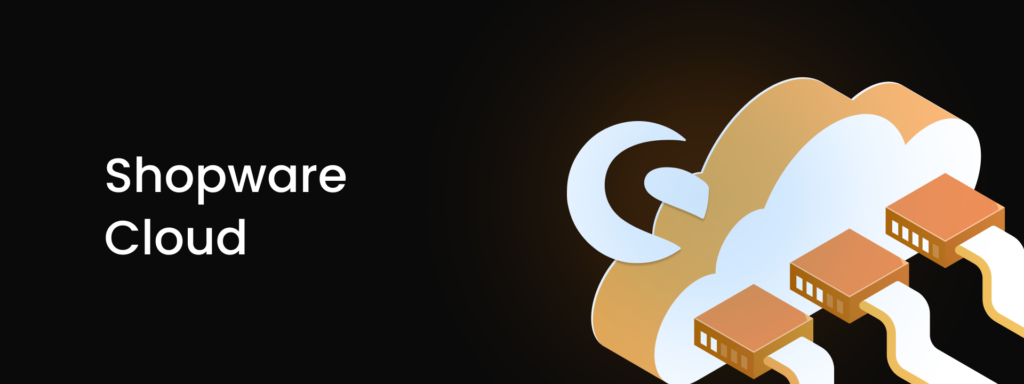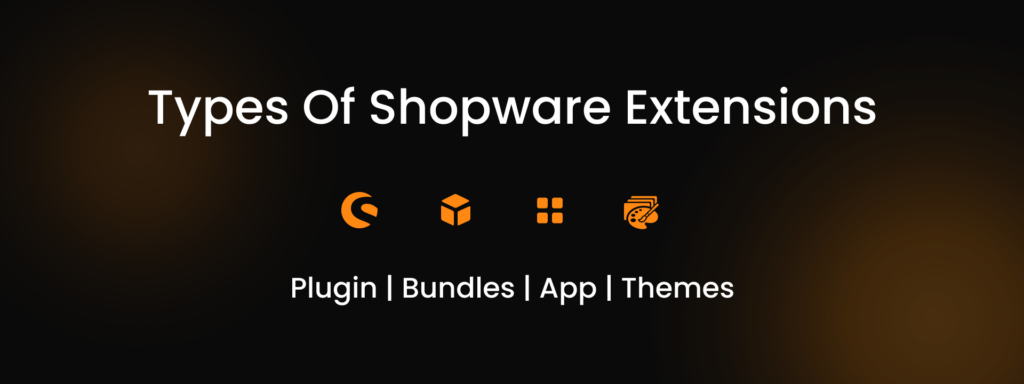We recently had an exciting discussion with guest speakers Christian Dangl, Head of Technical Development from Dasistweb, and Vlad Lapchenko, Tech Lead & Shopware Developer from IT Delight, on the possibilities of Shopware 6 Extensions. We want to share the insights raised during this podcast in this article.
You can also watch the video podcast and learn more about the possibilities of Shopware Extension Development.
Shopware out-of-the-box: the best features
Shopware 6 is a modern and flexible e-commerce platform. It is suitable for effective online business management for small and medium-sized companies. It is highly customizable and expandable with additional features and a special package. The extensive capabilities that Shopware 6 provides to developers and merchants are highly efficient and helpful, even without knowledge of code. Our podcast speakers shared their favorite out-of-the-box features with us, including:
- Rule Builder: This is a control unit for simplifying and optimizing business operations for specific needs. Shopware Rule Builder allows you to create guiding principles and link them together.
- Flow Builder: With its help, you can automate your business processes because it allows users to run workflows based on triggers. The Flow Builder is created as an additional tool to the Rule Builder.
- Shopware Composable Frontends: This is a set of tools for creating platform-independent custom storefronts. Its demo store implementation is based on Vue.js and Nuxt3.

Shopware core team support and updates
The Shopware team does a lot to maintain the platform and provide the best solutions. They constantly improve their solutions and help the community get great results. For example, they improved the process of validating Extensions that developers and agencies upload to the Shopware Store. They have several verification stages, during which each development undergoes a manual review. Therefore, their clients receive unique extensions and those that will work smoothly when integrated into your store.

Also, the Shopware team constantly monitors the platform’s updates. It steadily releases new versions that consider previous experience and user feedback. Of course, there are situations when the update does not go smoothly and needs more attention from the developers’ point of view, especially if it concerns Extensions or compatibility issues. If you are faced with such a problem, then it is better for you to seek help from professionals and get Shopware support.
Shopware Cloud
If you are looking for a solution that does not require a dedicated IT team, you should focus on Shopware Cloud. This Software-as-a-Service (SaaS) product allows you to use the functionality. At the same time, the software is hosted on the provider’s servers. Shopware 6 Cloud is an easy and fast solution for starting an online store. Its main advantages:
- Automatic software update
- Carefree hosting and infrastructure maintenance
- Full control over your resources
- Ability to scale and expand

Also, you will get bugs less often in this case because the support team will solve it for you. Although this option has several limitations and disadvantages, it can be an ideal solution for many beginners.
Types of Shopware extensions: Plugin | Bundles | App | Themes
Shopware 6 has a lot of options and expansion options. Still, to understand which method suits you, you must research its main aspects to weigh all the pros and cons. Let’s take a look at the main types of Shopware extensions below.

Shopware Plugins
Plugins are the primary way to extend your Shopware 6 store programmatically. They enhance the platform’s functionality and features and offer additional features that aren’t available out-of-the-box. Plugins have been used for quite some time, so you have a wide range of functionality. You can find a solution for your business in the Shopware Store, where all current and tested plugins are collected.
Shopware Themes
Technically, a Theme is also a plugin with its own specific class and can extend or modify the front-end part of your store (just a store view). Theme installation is similar, but it is placed in the Theme Manager. Also, it is essential to understand that you can install the Shopware Theme for each individual Sales Channel while Plugins are installed globally.
Shopware Bundles
Shopware plugins are extended from a Shopware bundle class, which extends from the Symfony bundle. A bundle can also be a Theme in Shopware; the difference is only in the implementation.
Shopware App
The App system allows you to extend and change Shopware’s functionality and appearance using well-defined extension points that you can plug into to implement your specific use case. The application system is designed to be decoupled from Shopware itself, as Shopware communicates with your application exclusively via HTTP requests. This has two big advantages: freedom of choice and Full cloud compatibility.
This is a relatively new solution, which means it may have fewer options to choose from initially. However, it also heralds a new era of possibilities for developers to explore and create.
Summary
In a recent episode of the IT Delight podcast, experts Christian Dangle and Vlad Lapchenko delved into Shopware 6 Extensions, sharing valuable information. Shopware 6 offers a robust e-commerce platform with customizable features to streamline business operations. We create content that will allow both developers and merchants to better navigate the rapidly changing field of e-commerce.
If you are interested in developing your online business, feel free to contact the IT Delight team. Our experts will give you answers to all the questions you are interested in and will be able to provide high-quality Shopware development solutions.
